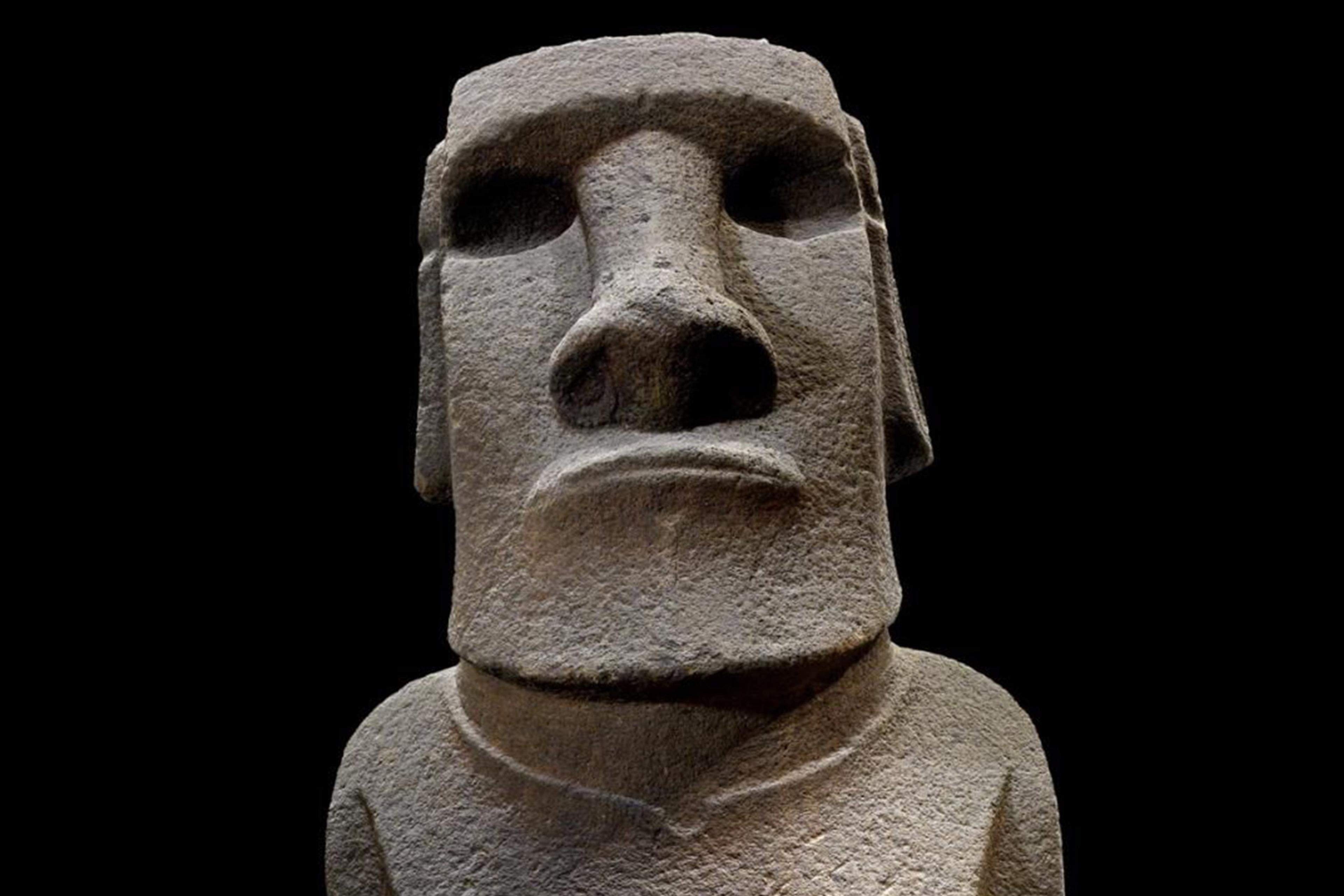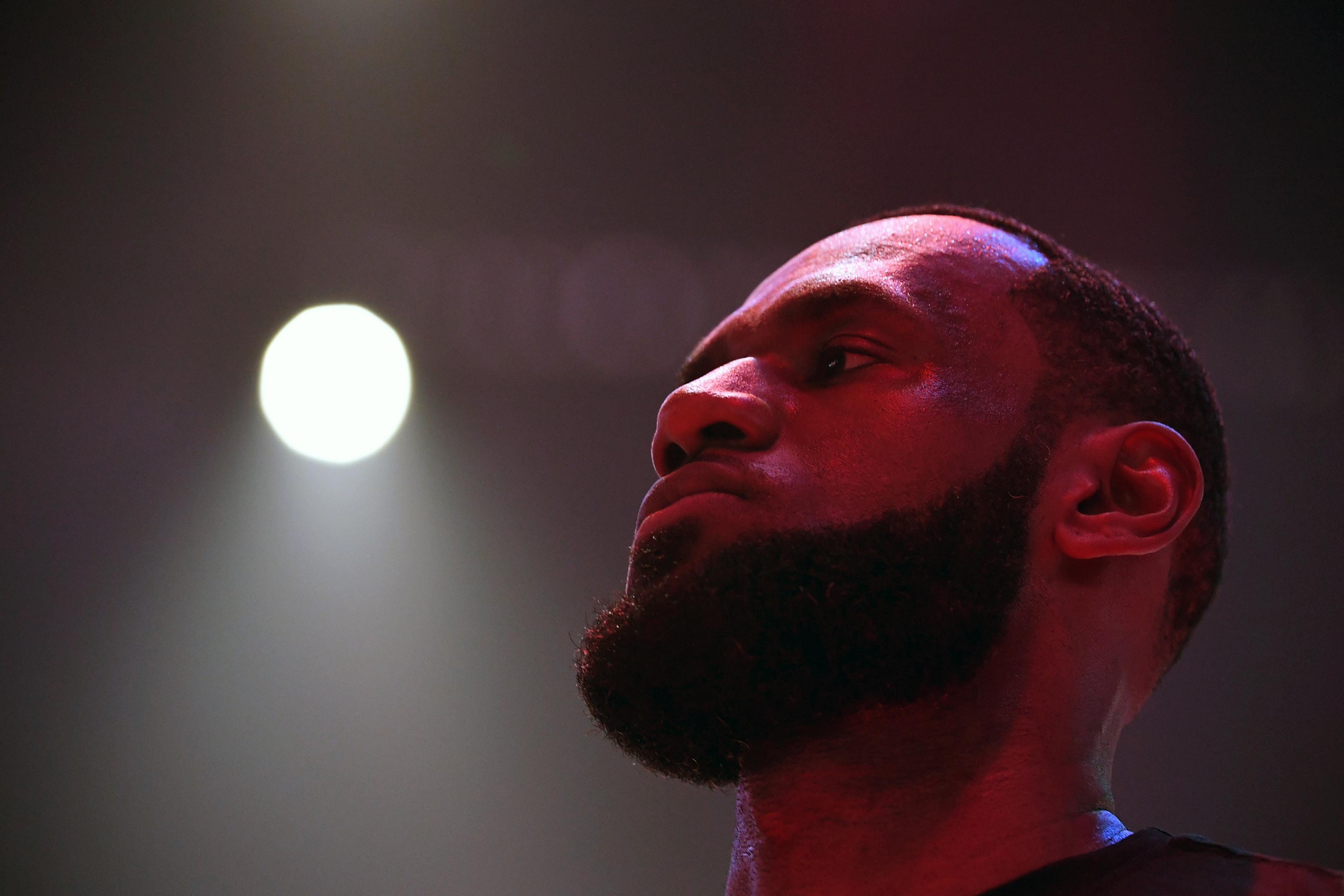The early 21st century is described as a time of crises. Liberal democracy, the US (or global) economy, the environment, masculinity, ageing populations, migration, misinformation and social media use are all supposedly in crisis – amounting to what some have called a global ‘polycrisis’. The reader will be forgiven for being sceptical, then, as I draw on the philosophical literature on recognition theory to introduce one more to the stage. This crisis explains some of the others, though – and gives an enlightening perspective on some of the tensions in our everyday lives.
There is a global crisis in self-esteem. It affects more or less everybody, but (as I’ll argue) it affects globalised, economically unequal societies the worst. The crisis is almost imperceptible because we’re living it every day, but that only adds to its seriousness. By self-esteem, I mean one’s self-estimation: whether one feels successful, or at least capable of success, by one’s own standards. To lack self-esteem is to feel impotent, even worthless. The crisis is that there is a widespread lack of self-esteem, and a universal competition for it.
To explain this, we must go back to the dissolution of European feudalism. For all the horror and misery of feudalism, there is one thing to say in its favour: the rigidity of social positions protects self-esteem. If all one could ever amount to is a serf, the only expectations one would have are those of serfdom. The gap between success and failure is much smaller: since everybody’s expectations are relative to their preordained social role, normality is success. As the philosopher Charles Taylor has argued, in premodern societies, ‘the background that explained what people recognised as important to themselves was to a great extent determined by their place in society, and whatever roles or activities attached to this position.’
But as the strict hierarchies of feudalism gradually broke down, and the spread of the doctrines of universal rights and human dignity took their place, self-esteem became a matter of individual performance. For equal treatment is justified by our supposedly equal human potential, which implies equal standards of excellence for all human beings – and, since liberation from feudalism’s rigid social positions allows for diversity, our sense of self becomes indexed to what is particular to us, as individuals.
We no longer define ourselves by appeal to inherited roles, but by our personal successes and failures. In Taylor’s words:
There is a certain way of being human that is my way. I am called upon to live my life in this way, and not in imitation of anyone else’s life … this notion gives a new importance to being true to myself. If I am not, I miss the point of my life; I miss what being human is for me.
Our culture is saturated with this way of seeing ourselves: we increasingly describe even prosaic aspects of life as an expression of our uniqueness. Choosing what to study, or finding a job, requires a lot of soul-searching these days. We are all implored to follow our passion, with the implication that everybody ought to have one; wanting a normal career that leaves enough free time to be happy feels to some like an admission of inadequacy.
Whence the crisis, then? What’s wrong with an individualistic social ethos – particularly when it’s twinned with tolerance towards the diversity of ways people want to live? Don’t rigid social hierarchies and inflexible expectations cause a lot of misery? The problem I’m describing is not the individualism and diversity of modern society per se. Rather, it’s the competition such individualism sets off.
To see what I mean, compare the relationship between an ordinary middle-class college graduate and a billionaire in 2024 with the relationship between a serf and a king in, say, 1350. The ordinary middle-class college graduate has many more rights and liberties than the serf had, and has a few options at their disposal if they want to accumulate wealth for themself. That is precisely the problem: there is just enough fluidity between social positions to make it conceivable for anybody to become a billionaire, and this transforms the way ordinary people see themselves.
To be average is to be profoundly unsatisfied: the fact that others are doing much better reveals one’s (supposed) intrinsic inferiority
To be clear, I’m not saying social mobility is alive and well in Western democracies. It’s been on the decline for decades, and the chances of rising from the very bottom to the very top (or vice versa) are vanishingly small. Crucially, though, such a thing is imaginable. Everybody has, at some point, imagined themselves as a billionaire tech founder, YouTube celebrity or financier. Everybody feels at least a little guilty for not having managed it – and the worst part is that, since we see our achievements as an expression of our uniqueness, constitutive of our whole identities, we experience normality (and especially poverty) as a personal failure and source of shame. In feudal societies, social mobility wasn’t part of the conceptual toolkit, because standards of success were so rigidly indexed to unchangeable social positions.
The only way to maintain self-esteem under modern conditions is to outperform others – but there’s always somebody doing better. To be average is to be profoundly unsatisfied, because the fact that (even a handful of) others are doing much better reveals one’s (supposed) intrinsic inferiority. That this dynamic plays out under a model of capitalism characterised by intense income and wealth inequality exacerbates the problem.
This crisis goes some way to explaining the other crises we talk about. Take, for instance, the crisis in masculinity that’s been in vogue for the past five years or so. Unprecedented divergence between men’s and women’s political leanings has been accompanied by high male suicide rates, and a growing minority that is fully disengaged from the labour market (not to mention the dating market). Demagogic figures like the self-proclaimed misogynist influencer Andrew Tate have become explosively popular. There is a widespread consensus that something’s going on with men and manhood: either men are frustrated and confused by the loss of privilege (according to the Left-liberal story) or being stifled by feminised social norms and prevented from being real men (on the alt-Right explanation).
My contention is that the competition for self-esteem, and the widespread lack of it that results, is to blame for much of what we attribute to the crisis in masculinity. Men are frustrated because they feel like failures, and they feel like failures because – given the way our society distributes self-esteem – almost everybody has to feel like a failure. Men are increasingly angry and disengaged from mainstream society not merely because they don’t know what manhood means in the absence of privilege, nor because a liberal elite is propagating behavioural norms that suppress their masculine nature. Rather, being angry and disengaged is the natural human response to a society that makes one feel impotent and inferior, and affords a sense of control to very few. (This raises the question of why women might respond differently to the self-esteem crisis; I suggest that the interplay between patriarchal norms and the competition for self-esteem might mean women experience the same frustration, but respond differently.)
We need to refocus our attention on widening access to self-esteem
The same can be said of the disengagement of communities in post-industrial areas of the United States and the United Kingdom from establishment politics. As with the crisis in masculinity, there is a lot going on here. Crucially, though, our discussions of this issue should engage with the self-esteem dimension. For part of the loss, when an industry disappears, is surely not the jobs themselves but the social roles they represent – the opportunities to feel like a success in one’s community. Dispensing more money from central government, carrying out performative anti-immigration campaigns, or improving transport links to the metropolis won’t fill this hole.
If the competition for self-esteem is the problem, what is the solution? We need to refocus our attention on widening access to self-esteem. This means ensuring access to what we’re accustomed to seeing as a basic standard of living: stable employment, decent housing and healthcare.
It also means, as Michael Walzer, Timo Jütten and other political philosophers have argued, refocusing our shared standards of success. These are called the ‘standards of contribution’ in the academic literature: the standards one must meet to feel like one is a success, who has contributed properly to society.
We must take every opportunity to venerate human achievement in all its diverse forms: we should refocus our attention on caring for loved ones, creating art, engaging in activism and local politics, and volunteering in the community. This can start with reform to the education system and the values it inculcates in children. Finally, we should remind ourselves how much anybody’s success is down to luck (as Michael Sandel argued in his book The Tyranny of Merit, 2020). This isn’t important just because of its implications for the distribution of material goods; reflecting on the importance of luck can function as a kind of meditative exercise, to dampen the competition for self-esteem.








